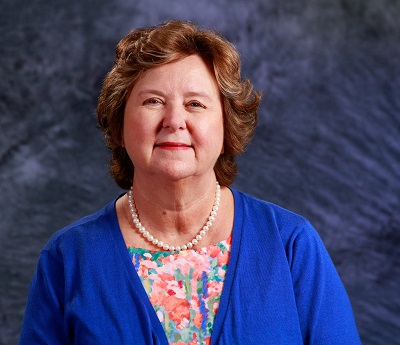Ready to Grow Your Career? Miami Dade College Offers Nursing Opportunities for Education

By Daniel Casciato
Florida, along with the rest of the United States, is in the midst of a severe and long-standing nursing shortage. The shortage has affected the number of clinical preceptors as well as nursing faculty who prepare nursing students.
Population growth, retirement and the COVID-19 pandemic have all impacted the growing demand for more nursing educators. Colleges and universities are now recognizing the need for innovation to reduce the nursing shortage and attract qualified nurses as teachers and faculty. Miami Dade College is one statewide college that is taking a proactive approach to this problem.
Dr. Tommie Norris
“Right now, it is rather difficult to recruit and hire qualified, experienced faculty,” says Dr. Tommie Norris, Dean of the Benjamin Leon School of Nursing at Miami Dade College. “There’s so much competition with travel nursing as well as the gap of pay between private practice and academia that we’re finding it really difficult to hire faculty who have teaching experience.”
She says burnout from COVID is also an issue with people who want to enter academia. Most of these individuals who have a Master’s degree or a Doctorate degree are working in hospitals already where they are clinical experts and moving to teaching as a novice educator may cause concern.
To counter this, she says that Miami Dade decided to cultivate its own nursing faculty.
“One way we plan to do this is by hiring nursing experts in the clinical area who need the opportunity to grow into becoming a nurse educator,” explains Dr. Norris. “We’re going to provide mentorship and extra training for those faculty to make sure they understand the role of a nurse educator, how to be effective in the classroom, and how to communicate with students. We know that’s something that is going to take extra resources from our side, but I feel like it’ll be well worth it when we have those individuals who have that experience behind them.”
Dr. Norris expects that it should take a year for these clinical experts to be trained as nursing educators. However, as they are learning, she says that they will teach side by side or work with another faculty member in a course to have that real live experience.
“The lecture component of teaching is the most challenging,” she adds. “We’ll provide classroom resources and online programs to help them become comfortable.”
If nothing is done to alleviate the nursing faculty shortage, it will impact nursing students, and ultimately, patient outcomes.
“The fewer faculty you have, the fewer students you can take to the clinical setting,” says Dr. Norris.
Miami Dade is also looking to recruit retired nurses to serve as adjunct faculty.
“We’re reaching out to retired clinical practitioners and nurses who have a wealth of information to share with the students and we are having some success with that,” says Dr. Norris. “We’ll need to really get a robust pipeline of those adjuncts to come back each semester to help. There are many who still want to remain at the bedside in the hospitals, but also really want to share their knowledge and expertise with students.”
The other thing that’s unique with Miami Dade is that it has strong practice partners—hospitals and community agencies that are partnering with MDC to give the students a broad and hands-on clinical experience.
“What we’re finding is that some of our practice partners are allowing their nurses to have clinical groups because it allows our nursing students to have an immersion in that hospital,” says Dr. Norris.
Nursing education is a great career, Dr. Norris notes.
“It’s never too late to go into a career in nursing education,” she says. “What we have to do is make sure that nurses know the benefits of becoming a nurse educator, whether it’s a full-time position or a part-time position. There are so many joys and rewards.”
For more information, visit www.mdc.edu/nursing.
Post Views:
177


